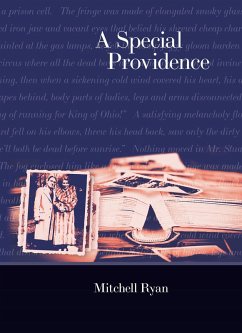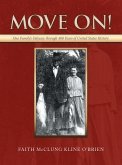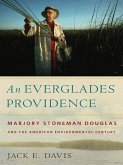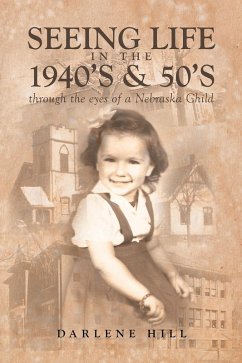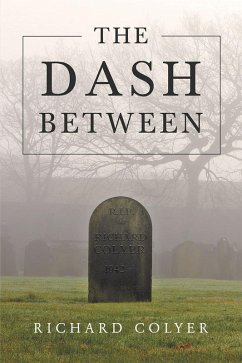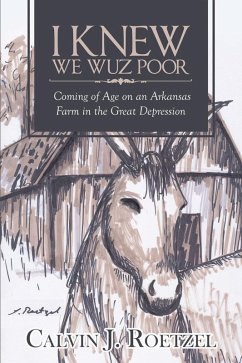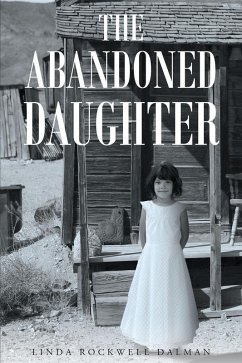The year 1865 finds Edward behind the lines during the Civil War, where he finds his fatally wounded brother and watches him die, then buries him in the new land.
Edward is the owner of a bar and gambling hall in Ohio 1882. An ambitious man, he takes the opportunity to enter politics in Cincinnati. He must give up the woman he has been keeping, for she will taint his new life.
Now in 1899, in a loveless marriage to the daughter of a political boss, he banks everything on a mayoral campaign and loses. The birth of his second son, Charles, only serves to further trap him in despair.
Charles's story begins in 1917. He is eighteen years old and studying his heart's desire at the Art Institute of Chicago. He is called home by his father, Edward, to serve with his brother and enlist in the Army in World War I. He cannot be protected by his deeply upset mother. He goes to war, giving up his dream of being a painter.
In 1925, Charles is a reporter working for a daily newspaper in Chicago doing a story about bootleggers. On an impulse, he goes to visit the art school that he left years ago. He receives a phone call that his father has died and goes home to Louisville. While there, he reads that his reporter partner has been murdered by the gangsters they were investigating. Charles breaks down and is comforted by his brother's wife, Molly, with whom he has always been in love.
Eight years later, in the middle of the Depression, Charles is penniless and out of work and is seeking the haven and warmth of the local library. He falls in love with Genevieve, a retiring young woman who is flattered by his attention. He sees her off to her family for Christmas. Then after visiting the whore whom he sees occasionally, he decides that he must change his luck, change his life, and marry.
In 1939, Charles is a salesman in Louisville. He is married now with two children who are strangers to him. The city is under a plague of starlings. He feeds birds from his office window then goes to a museum, where he often escapes, to see a Vermeer.
He talks with Natalie, the curator who has befriended him, and is unsettled by how much of himself he reveals. Unused to the intimacy, he gets drunk and finds that the police are shooting the starlings.
Sickened by the slaughter, he goes home and begs forgiveness of Genevieve.
Edward is the owner of a bar and gambling hall in Ohio 1882. An ambitious man, he takes the opportunity to enter politics in Cincinnati. He must give up the woman he has been keeping, for she will taint his new life.
Now in 1899, in a loveless marriage to the daughter of a political boss, he banks everything on a mayoral campaign and loses. The birth of his second son, Charles, only serves to further trap him in despair.
Charles's story begins in 1917. He is eighteen years old and studying his heart's desire at the Art Institute of Chicago. He is called home by his father, Edward, to serve with his brother and enlist in the Army in World War I. He cannot be protected by his deeply upset mother. He goes to war, giving up his dream of being a painter.
In 1925, Charles is a reporter working for a daily newspaper in Chicago doing a story about bootleggers. On an impulse, he goes to visit the art school that he left years ago. He receives a phone call that his father has died and goes home to Louisville. While there, he reads that his reporter partner has been murdered by the gangsters they were investigating. Charles breaks down and is comforted by his brother's wife, Molly, with whom he has always been in love.
Eight years later, in the middle of the Depression, Charles is penniless and out of work and is seeking the haven and warmth of the local library. He falls in love with Genevieve, a retiring young woman who is flattered by his attention. He sees her off to her family for Christmas. Then after visiting the whore whom he sees occasionally, he decides that he must change his luck, change his life, and marry.
In 1939, Charles is a salesman in Louisville. He is married now with two children who are strangers to him. The city is under a plague of starlings. He feeds birds from his office window then goes to a museum, where he often escapes, to see a Vermeer.
He talks with Natalie, the curator who has befriended him, and is unsettled by how much of himself he reveals. Unused to the intimacy, he gets drunk and finds that the police are shooting the starlings.
Sickened by the slaughter, he goes home and begs forgiveness of Genevieve.
Dieser Download kann aus rechtlichen Gründen nur mit Rechnungsadresse in A, D ausgeliefert werden.

